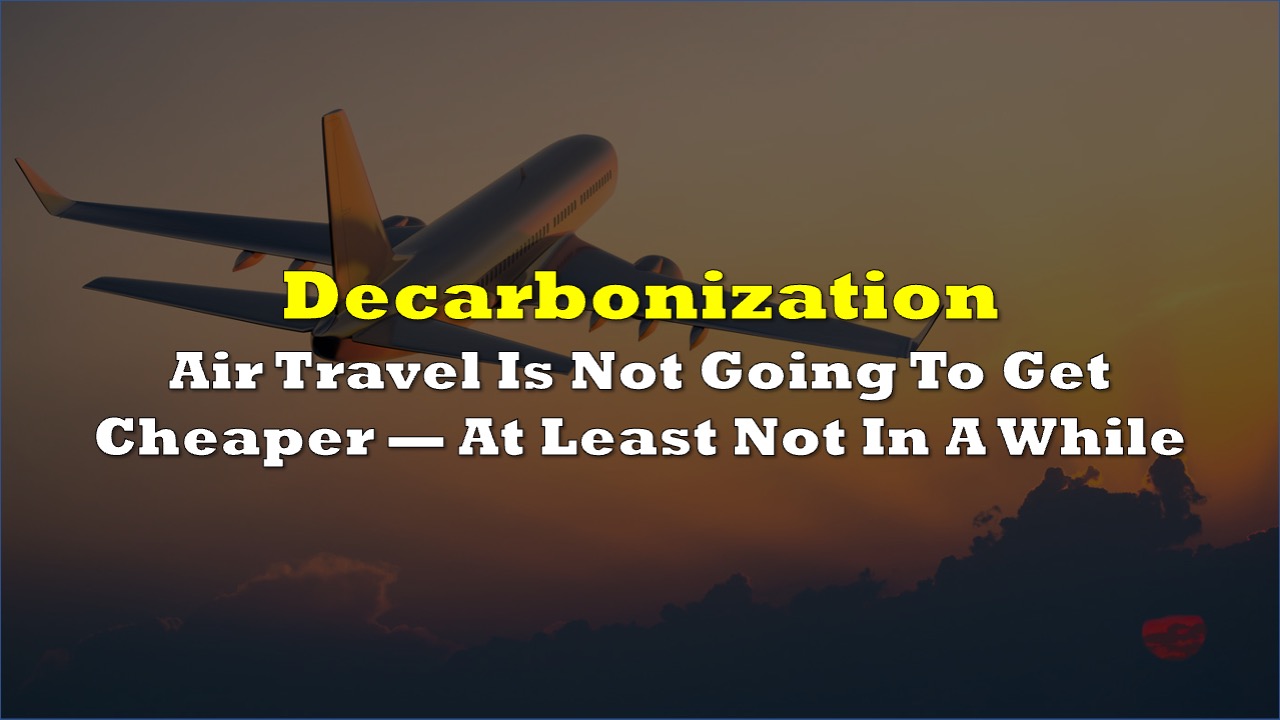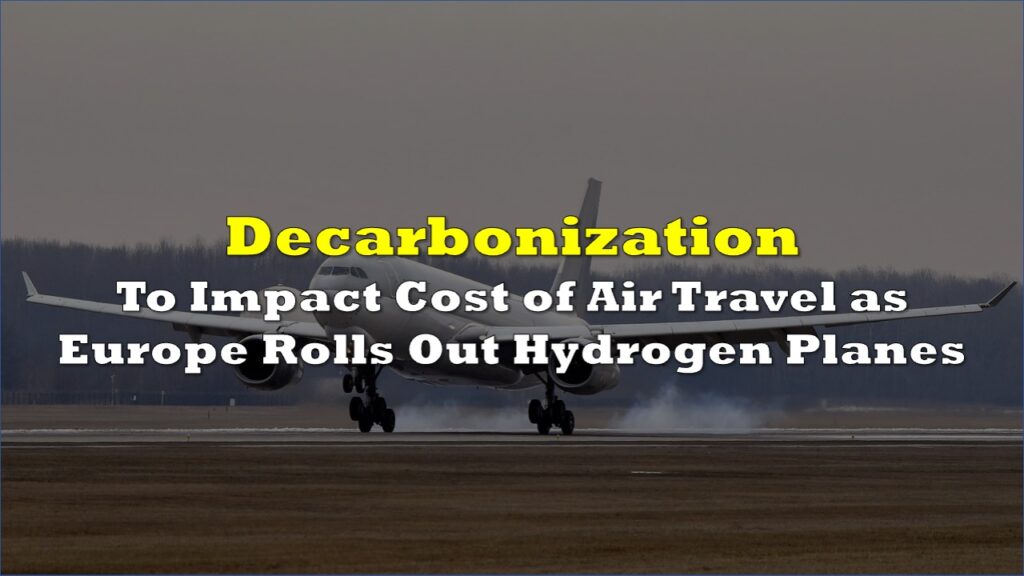Cheap short-haul flights in Europe will soon just be part of fond travel memories as airlines face the challenge of decarbonization and tightening climate-compliance laws.
Changes in the European Union’s Emissions Trading System (EU ETS) are putting pressure on airlines to cover their carbon emissions, with the cost of allowances set to double over the next three years. The unit price of carbon emissions has also reached a record high, adding to the financial burden on airlines. The reports estimate that European airlines will face costs of around €5 billion in 2027 due to these changes.

Furthermore, the aviation industry is aiming to transform itself into a net-zero emissions industry by 2050. This ambitious goal will require significant investments in future aircraft and infrastructure, improved operational efficiency, and the use of alternative fuels and carbon-removal technologies. However, reaching net zero by 2050 is projected to cost a staggering €820 billion, according to a report by SEO Amsterdam Economics and the Royal Netherlands Aerospace Centre commissioned by airline industry bodies.
The cost of these transitions cannot be absorbed by the aviation sector alone. The changes to the EU ETS are expected to reduce the operating profit of Europe’s six largest point-to-point airlines by approximately 77%.
As a result, ticket prices will have to increase, leading to an inevitable decline in demand. This poses a challenge for airlines, as they rely on demand growth to sustain their business. The International Air Transport Association forecasts that passenger numbers could nearly double by 2040, but rising ticket prices may dampen this growth.
To reduce carbon emissions, reducing the number of flights is the most straightforward approach. The aviation industry’s report suggests that a 12% reduction in emissions could be achieved by 2050 through a drop in demand caused by higher ticket prices. Additional measures such as emissions-trading obligations and investments in CO2 removal could contribute to a further 2% reduction compared to business as usual.
While the transition to a greener aviation sector is necessary, it comes with a price. Low prices that made air travel accessible to millions of people may become a thing of the past. The introduction of a frequent flyer levy has been proposed to address the inequality of energy consumption, with the top 10% of earners in the UK using far more energy flying than the poorest 20% use overall. However, implementing such a levy would be challenging.
As short-haul flights become more expensive, alternative modes of transportation may become more enticing. Eurostar, for example, recently celebrated the five-year anniversary of its London-Amsterdam route, claiming to have saved over 83,000 tons of CO2 emissions. Traveling internationally by rail could be a viable option as prices for flights rise.
Decarbonizing the aviation industry will be a costly and challenging endeavor. Although much of the expected technology, such as electric or hydrogen-fueled aircraft, is not yet fully developed, the industry must address these issues to meet its sustainability goals.
Information for this story was found via Bloomberg, and the sources and companies mentioned. The author has no securities or affiliations related to the organizations discussed. Not a recommendation to buy or sell. Always do additional research and consult a professional before purchasing a security. The author holds no licenses.









